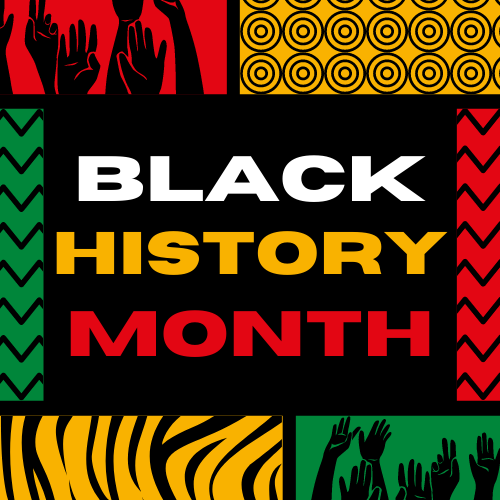By Eustacia A. English – NRWA DEI Columnist

It’s Black History Month, and I’m here to give a brief history lesson on how it all started. Let’s start with five fun facts:
- Black History Month began as a one-week celebration.
- Dr. Carter G. Woodson is known as the father of Black history.
- February was specifically chosen.
- A week-long celebration turns into a month.
- Black History Month was created to honor the achievements of Black men and women.
Now, let’s dig a bit deeper. Black History Month was created to honor the accomplishments of Black Americans, both men, and women. Initially, Black History Month started as Negro History and Literature Week and was created by Harvard University historian Dr. Carter G. Woodson. In 1912, Woodson was only the second African American to earn a doctorate from Harvard, after W.E.B. DuBois.
Dr. Woodson wanted to do more to celebrate Black history and bring awareness to anyone who would listen. Ultimately, his goal was to educate because he believed young students were not taught enough about their ancestors' deep heritage and accolades. In 1926, Woodson and his fraternity, Omega Psi Phi, were the creators of Negro History and Literature Week.
I often wondered why February, the shortest month in the year, was chosen. February is the birth month of Abraham Lincoln and Frederick Douglass. Lincoln issued the Emancipation Proclamation, and Douglass was an African American abolitionist. Black people celebrated their contributions to African American civil rights. Dr. Woodson chose February to honor their legacy and the achievements and history of Black people.
Organizations and schools across the country embraced this initiative. However, one week wasn’t enough, and Dr. Woodson sought to raise awareness of Black Americans’ contributions to society in a greater way. In the 1960s, the Black Power and Civil Rights movements were on the rise. Black students across college campuses were becoming more and more aware of the history of Black people. Because of this awareness, the Association for the Study of African American History pushed for change.
In 1976, on the 50th anniversary of the first Negro History and Literature Week, the Association officially made the shift to Black History Month. The entire nation had come to understand and recognize the importance of Black history in America’s overall story.
This February, think of ways you can celebrate Black History Month, such as:
- Support Black-owned businesses.
- Learn about the history and impact of Black culture.
- Purchase, read, and share books by Black authors.
- Volunteer with a Black nonprofit.
- Watch a documentary on Black history.
I hope you find this enlightening and informative. Black history is deeply rooted in the structure of our country and should go beyond February. As you continue to educate yourself, I encourage you to share with others. Start a dialogue that will help others understand the importance of the historical contributions of Black people. As always, I wish you all continued peace, love, happiness, and blessings.

Eustacia English writes the Perspective column, which examines Diversity, Equity, and Inclusion (DEI) in resume writing and career strategy. She is a 20-year veteran of HR and talent acquisition and started Resumes on Demand last year. She also writes on DEI for The Black in HR e-zine. She lives with her husband and two children in Cherry Hill, NJ. Find her online at LinkedIn.com/in/ecampbell05.